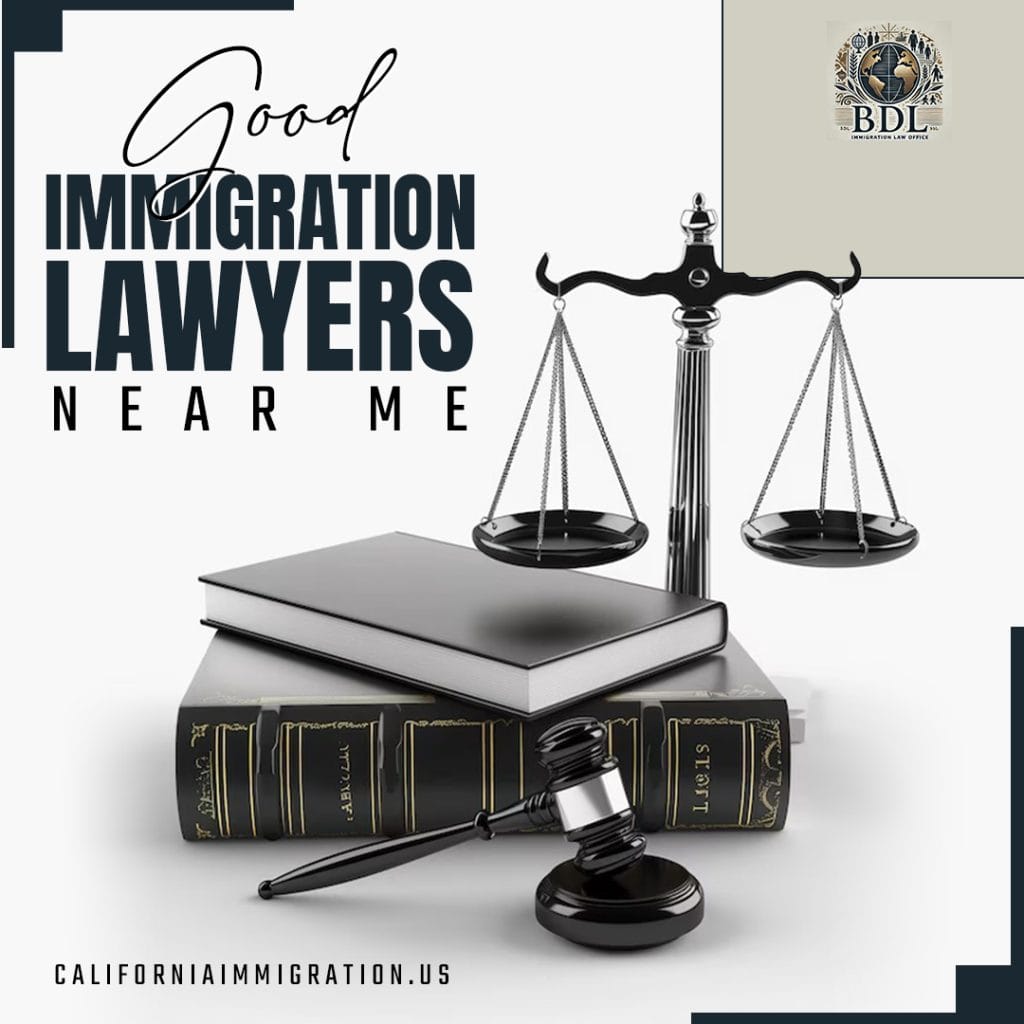
Navigating the complexities of obtaining a Work Visa amidst the alphabet soup of nonimmigrant employment visas
A work visa lawyer can explain the different types of visas you can apply for under U.S. immigration law. The right visa for you depends on your specific situation.
Visas for College Graduates and Professionals
A lawyer might first tell you about the H-1B visa. It’s for people with college degrees. A lawyer will explain that the H-1B is a “specialty occupation” visa. This means the job itself must require a college degree. You couldn’t, for example, be a cashier with an electrical engineering degree and expect to get an H-1B. There is an annual cap on H-1B visas. The 65,000 visas, plus an extra 20,000 for those with a U.S. master’s degree or higher, are usually gone very quickly in a lottery system. When considering a work visa, the H-1B is a common choice for professionals.
Visas for Extraordinary Individuals
A lawyer might then discuss the O-1 visa. It’s for people who are “extraordinary” in their field. You must be able to prove you have an extraordinary ability. To be eligible for an O-1A visa, you must either have a major, internationally recognized award, or meet at least three of eight specific criteria. These criteria include receiving a lesser prize or award, being a member of certain associations, or having published material about your work in major media. The O-1 visa is not easy to get, but a lawyer can help you prepare the case properly. This focused approach might lead to the right work visa for your extraordinary accomplishments.


Visas for Business Owners and Investors
Other visas are for business owners and investors. These include the E-2 and L-1 visas. A lawyer will explain that these are for people who want to start a business or open a branch office in the U.S. An E-2 visa requires a substantial investment, often around $100,000, for you to run your own business. An L-1 visa, on the other hand, requires a much smaller investment. However, you must have very good records for the company you run in your home country. A lawyer knows that many countries do not keep good business records. For this reason, those businesses are not a good fit for the L-1. Navigating these options can help determine the best work visa for your business ventures.
Another related investment visa is the E-1. A lawyer will tell you that the E-1 is for “treaty traders.” It is for businesses that do at least 50% of their work trading with their home country. If your business meets this requirement, the E-1 might be the best option for your work visa needs.
Visas for Canadian and Mexican Professionals
If you are a citizen of Canada or Mexico, a lawyer might mention the TN visa. The TN is similar to the H-1B, but there is no annual limit on how many are issued. Additionally, some TN occupations do not require a college degree. This could make the TN visa a viable work visa for qualified Canadian and Mexican professionals.
For all these options, it is important to find an experienced work visa lawyer. They can help you understand the requirements and prepare the petition correctly.
